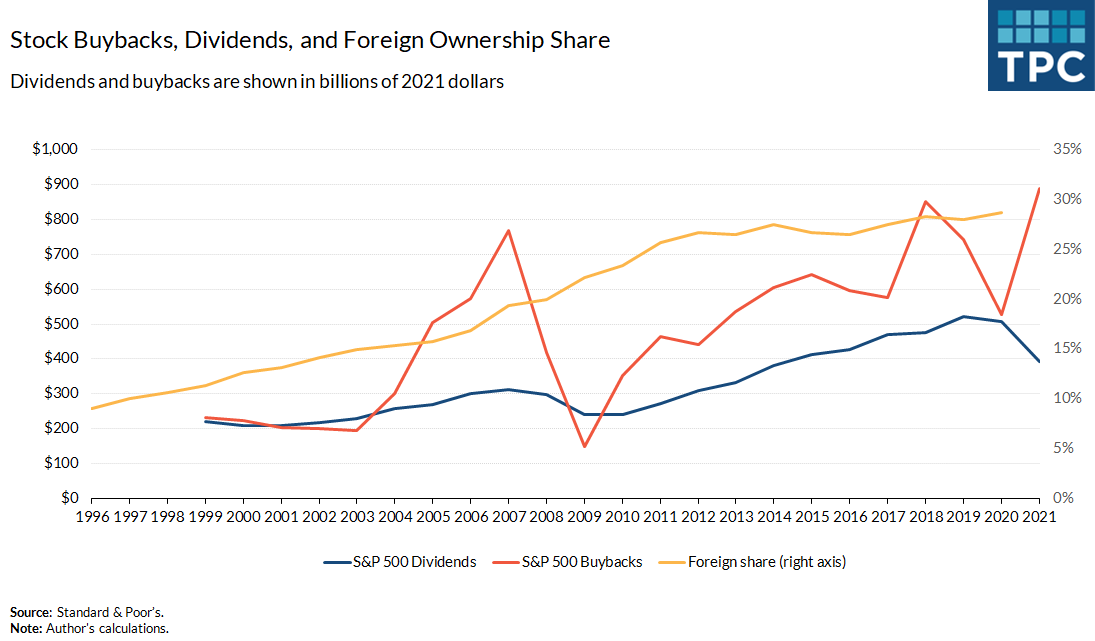How Long Do I Have to Wait to Receive My Inheritance?
Although learning that a loved one passed away may result in a period of grieving, finding out that you were left an inheritance is welcome news. Unfortunately, you may be waiting for a long time before you receive that inheritance. If the decedent’s estate is required to go through probate, it could take a year or longer before your inheritance can be released to you. Why does probate take so long? The Indianapolis probate attorneys at Frank & Kraft explain how long you may need to wait to receive your inheritance.
Understanding the Probate Process
Most people leave behind an estate when they die. That estate consists of all assets, both tangible and intangible, owned by the decedent at the time of death. Probate is the legal process by which those assets are identified, located, valued, and eventually distributed to the intended beneficiaries and/or legal heirs of the estate. If the decedent left behind a valid Last Will and Testament, the individual named as the Executor in that Will is responsible for overseeing the probate process and the terms of the Will are used to determine how the estate assets are distributed. If the decedent died intestate (without a Will), someone typically volunteers to be the Personal Representative and oversee the probate of the estate, and the state intestate succession laws dictate how estate assets are distributed. The term Personal Representative is typically used to refer to either an Executor appointed in the Will or a volunteer appointed by the court.
Every estate is unique, making the probate process unique as well for every estate. Numerous factors can impact the probate process; however, there are some steps that remain common to the probate process for most estates, including:
- Initiating probate – the Executor/Personal Representative (PR) initiates the probate of the estate by filing a petition, along with a certified copy of the death certificate and an original Last Will and Testament with the appropriate Probate Court.
- Inventorying, securing, and valuing assets — the PR must complete an inventory of the decedent’s assets, including both tangible and intangible assets. Those assets must also be secured and maintained throughout the probate process. A date of death value will be required for all estate assets as well.
- Notification of creditors and payment of claims –all potential creditors of the estate must be notified that probate is underway. This can be done individually for known creditors but must also be done by publication in a local newspaper for unknown creditors. The PR reviews all claims submitted and pays all approved claims, according to priority, using estate assets.
- Litigating disputes – if anyone challenges the validity of the Will submitted for probate, the entire probate process effectively grinds to a halt because the outcome of that litigation will determine how the estate assets are distributed at the end of the probate process.
- Prepare, file, and pay estate taxes — all estates are potentially subject to federal gift and estate taxes. In addition, some states also impose a state estate tax. Estate tax returns must be prepared and filed with both the state and federal government and any taxes due paid.
- Distribution of assets to beneficiaries/heirs — the remaining assets are transferred to the intended beneficiaries and/or heirs of the estate.
How Long Will Probate Take?
Because every estate is unique, there is no “standard” time for moving through the formal probate process. In Indiana, however, probating even a relatively modest and uncomplicated estate will take a minimum of four to six months because creditors are given a minimum of three months to file claims against the estate. That period must pass, and all claims addressed before any probate assets can be distributed from the estate. If the estate included valuable and/or complex assets, or if the estate becomes involved in litigation, it can take several years to complete the probate process.
Contact Indianapolis Probate Attorneys
For more information, please join us for an upcoming FREE seminar. If you have additional questions or concerns about probate or an inheritance, contact the experienced Indianapolis probate attorneys at Frank & Kraft by calling (317) 684-1100 to schedule an appointment.
Paul Kraft is Co-Founder and the senior Principal of Frank & Kraft, one of the leading law firms in Indiana in the area of estate planning as well as business and tax planning.
Mr. Kraft assists clients primarily in the areas of estate planning and administration, Medicaid planning, federal and state taxation, real estate and corporate law, bringing the added perspective of an accounting background to his work.
Latest posts by Paul A. Kraft, Estate Planning Attorney (see all)






